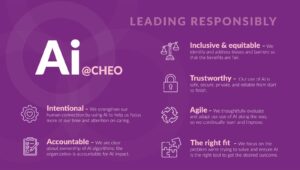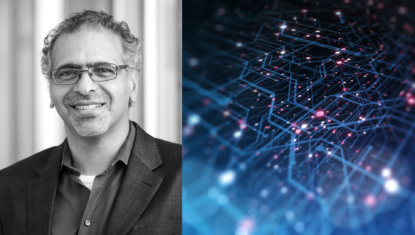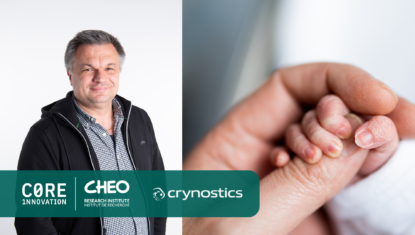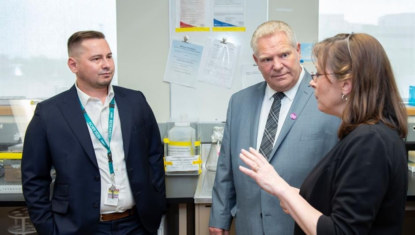
Live Projects:
ThinkRare- Harnessing AI for early identification of rare genetic diseases.
Viral Volume Forecasting- Using AI to forecast RSV and influenza peak season volumes at CHEO.
Projects in Development:
SmartER (Mental Health OneVisit)- The smartER AI tool will help you identify children and youth who are likely to return to the Emergency Department (ED) for mental health reasons within six months of their first visit, proactively reducing the need for repeat visits to the ED.
AIRE KIDS- Artificial Intelligence for predicting ED visits in the KIDS with Asthma. predicting which kids seen at the ED for asthma will likely have a future asthma visit within one year and refer them for asthma self-management education and specialized care.
Organ Donation Advisor Tool- Every second counts when it comes to successful organ transplantation, we we are using AI to better predict time to death and improve post transplantation organ function and the end-of-life experience for donor families.
AI Powered Laparoscopic Simulator- Working in collaboration with Carleton University engineering students, CHEO researchers are incorporating machine learning into a laparoscopic simulator to help train the future of pediatric surgeons.
Early Detection of Autism using BORN Data- Leveraging AI to predict which children and youth will need to be evaluated for autism spectrum disorder. leading to earlier identification and tailored care.
Synthetic Data to Protect Patient Privacy and Fuel Research- Using generative AI to accelerate research on patient data by enabling data sharing between institutions in a privacy protected way, balancing data sets to reduce bias in algorithm development.
Related News
Researchers
-
Kasim Abdulaziz
Investigator, CHEO Research Institute
-
Kym M Boycott
Senior Scientist, CHEO Research Institute
-
Jeff Gilchrist
Associate Scientist, CHEO Research Institute
-
Dhenuka Radhakrishnan
Scientist, CHEO Research Institute







